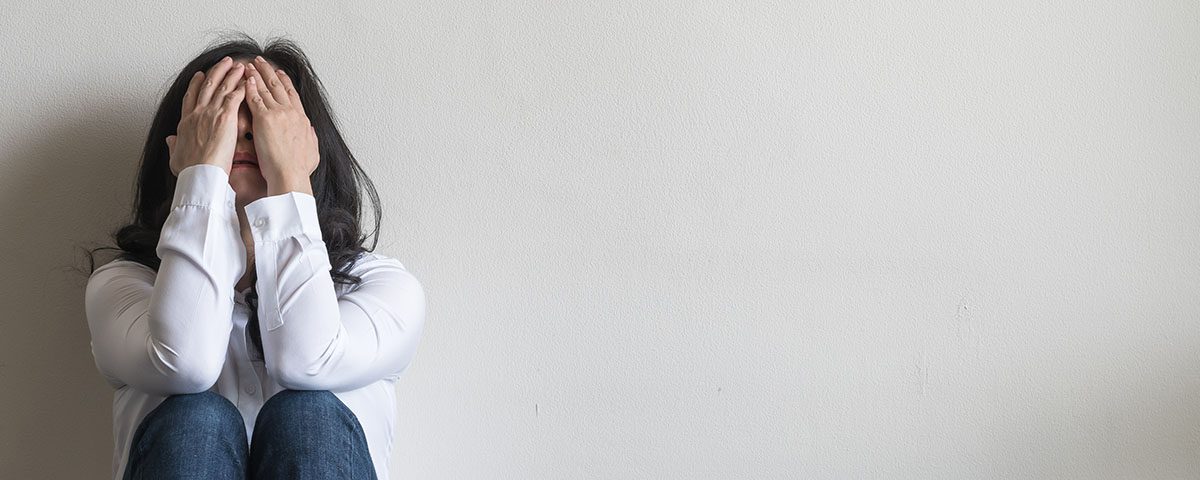
Be an Informed Mental Health Consumer
Let’s face it, we all struggle from time to time, some more than others. I notice that many people are confused about terminology in the psychology field and don’t understand what types of care are available.
When it comes to mental health, there are various levels of care. Self-help is the first “rung of the ladder” of mental health services. Perhaps you want to make a specific change in your life. Self-help can include books, online resources, apps, and peer support. Some apps provide articles, videos, and interactive exercises. If the issue responds to self-help alone, that may be all you need. If not, you may need a higher level of care.
The next rung of the ladder is psychotherapy, or talking therapy, which is conducted by variously trained professionals. Psychotherapy is offered one to two hours per week in outpatient treatment. Professionals who provide psychotherapy include psychologists, psychiatrists, social workers, licensed professional counselors, licensed marriage and family therapists, and psychiatric nurse practitioners. Each of the disciplines has a specialty field of study, and there are numerous models of care that therapists can be trained in. Examples of therapeutic models are psychoanalysis, cognitive behavioral therapy, or solution-focused therapy. Psychiatrists are medical doctors who prescribe medication for mental health purposes. Psychologists are often trained in psychological testing, using nationally standardized psychological assessment instruments.
People who could benefit from more than one to two sessions per week enter Intensive Outpatient Programs (IOP), which are typically 9-15 hours of counseling treatment per week.
Partial hospitalization, or day treatment, provides treatment five days a week, typically for six hours each day.
Patients in residential treatment focus on building the skills needed for long-term recovery. People may participate in residential treatment for 30-90 days.
Some conditions are best treated within a hospital on a 24-hour basis during an acute episode until the patient can return to their normal level of function or is stabilized. Inpatient care is for people who are in emergency situations and intend to harm themselves or others, or who need to withdraw from drugs or alcohol.
The ladder works two ways, up and down. The right level of care corresponds to the severity of your condition. If weekly talking therapy isn’t effective or the person decompensates, clients may need to work up the ladder. Sometimes an emergency hospitalization results in a step down to lower levels of care. If you receive mental health treatment, you are entitled to receive the level of care necessary to meet your needs in the least restrictive environment possible. For example, if outpatient care will safely meet your needs, you should not receive inpatient care.
Behavioral health care has been underfunded, underappreciated, and stigmatized. On top of that, the United States is facing a mental health care shortage. While various levels of care exist, they may not be accessible to you. Thirty-seven percent of the American population live in shortage areas. Mental health shortages range in severity across the country. Two-thirds of shortage areas are in rural or partially rural parts of the country. Covid has pushed more people into treatment, particularly people who have pre-existing anxiety or depression, making it more difficult to find a counselor with open appointments.
Covid has changed the counseling landscape. Most therapists have incorporated video services into their practice. At the start of Covid, most of us switched from the office to video counseling and are now returning to the office. Video counseling is convenient, and research suggests that it works just as well as in-person counseling, although there are pros and cons to each.
Big box tele-counseling services have popped up recently, such as TalkSpace and BetterHelp. Buyer beware. BetterHelp gained attention in the media about alleged use of unfair pricing (therapists are grossly underpaid by industry standards), bad experiences with the app, paid reviews from actors, and terms of service that allegedly did not correspond with ads. A February 2020 investigation found that BetterHelp was sharing analytics with Facebook about how often users opened the app and metadata from every message shared on the platform, giving the company a sense of when, for how long, and where users were using mental health services. BetterHelp believes they are not subject to HIPAA privacy guidelines.
On the upside, treatment innovations provide relief to more people. We now have such things as prescription video games, Smartphone-Assisted Therapy, virtual reality for mental health, advances in medication, and new uses for substances like ketamine.
With increased knowledge of mental health services, I hope you will advocate for yourself and others. There is hope for everyone.
